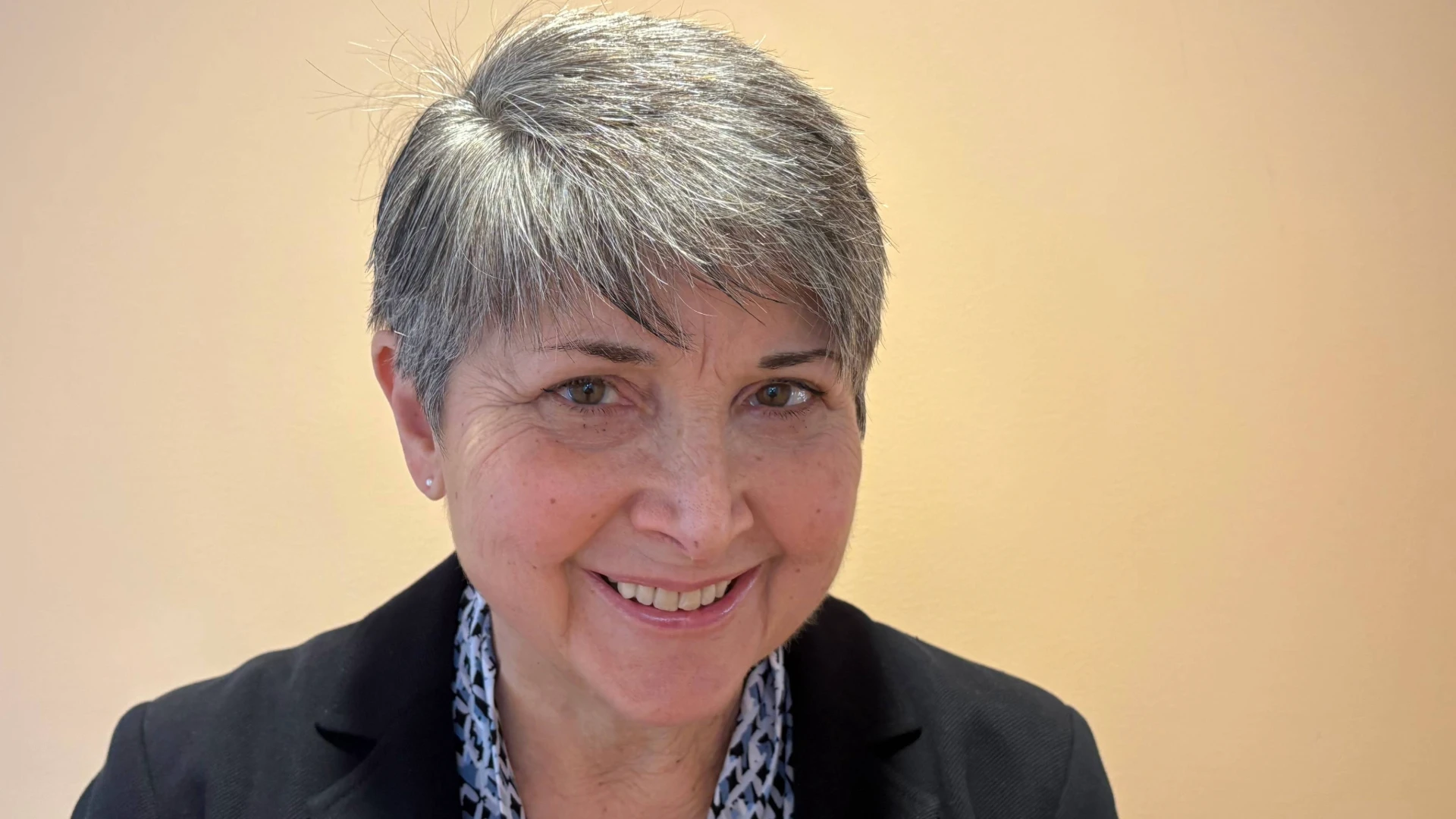.jpg) The United States wastes about 40 percent of its food, says Elizabeth Bennett, founder of Fruitcycle, a social enterprise that processes and distributes unwanted but otherwise healthy fruit, and employs socially disadvantaged women.
The United States wastes about 40 percent of its food, says Elizabeth Bennett, founder of Fruitcycle, a social enterprise that processes and distributes unwanted but otherwise healthy fruit, and employs socially disadvantaged women.
Every day, the amount of food wasted in America is enough to fill the Rose Bowl Stadium in Pasadena, California.
“That’s shocking and shouldn’t exist,” Bennett says. “And at the same time, we have 1 in 6 Americans that are hungry. That’s also shocking and shouldn’t exist. But when you put [the facts] together, it’s absolutely ridiculous.”
These shocking stats inspired Bennett to launch Fruitcycle this past November. To date the organization saved 10,000 pounds of “ugly fruit” that orchards and farms would have wasted because of irregular sizes, shapes and bruises on otherwise healthy produce.
Bennett-- an alumna of University of London with a degree in Food Anthropology-- picks up the unwanted fruit from the farm or orchard then processes it for distribution by washing, slicing, flavoring, dehydrating and packaging it in labeled and re-sealable bags. The dehydrated product provides for a longer shelf life, which appeals to Fruitcycle’s customers, which include 15 local grocery stores, local farmer’s markets and Amazon.
Though Fruitcycle’s main product is apple chips, the start-up has begun to produce kale chips for sale in the same outlets.
Not only does Bennett’s process prolong the shelf-life of fruits and vegetables, and prevent healthy produce from being wasted, but it also does a community service by employing formally homeless and/or incarcerated women in the area. Bennett has hired three part-time employees to process the food.
This summer, Bennett is working on expanding Fruitcycle’s offering to include zucchini, squash, berry and peach products.
“I love what I do, and it’s great to be able to track the amount of food that we’re rescuing and knowing that it’s being put to good use,” Bennett says. “We’re turning it into something delicious and healthy. We’re putting money back into farmer’s pockets and providing some income for people who can use it.”

Explore the June 2015 Issue
Check out more from this issue and find your next story to read.
Latest from Produce Grower
- Red Sun Farms hires Paul Mastronardi as new business development manager
- Sakata Seed America celebrates renovation of Cal Poly greenhouse complex
- Resource Innovation Institute adds six members to Board of Directors
- Nufarm announces unified brand
- Peckham acquires Revolution Farms in Michigan
- Fresh Express expands Chopped Salad Kits line with three new flavors
- The Growth Industry Episode 3: Across the Pond with Neville Stein
- University of Evansville launches 'We Grow Aces!' to tackle food insecurity with anu, eko Solutions





